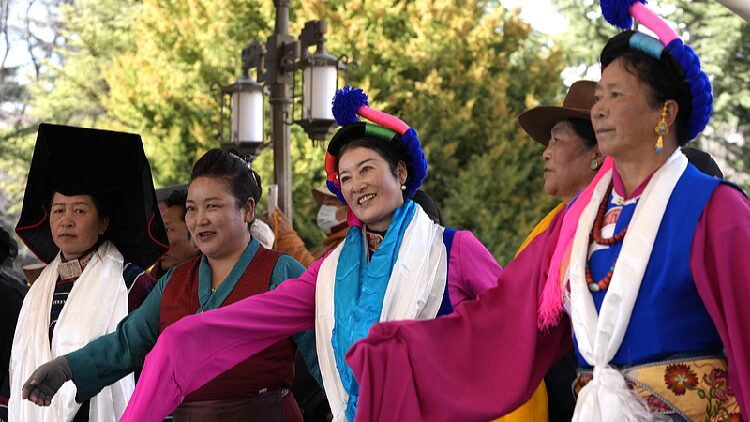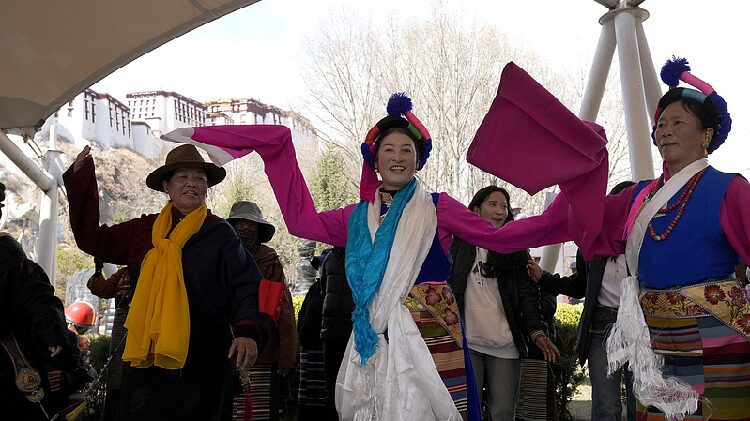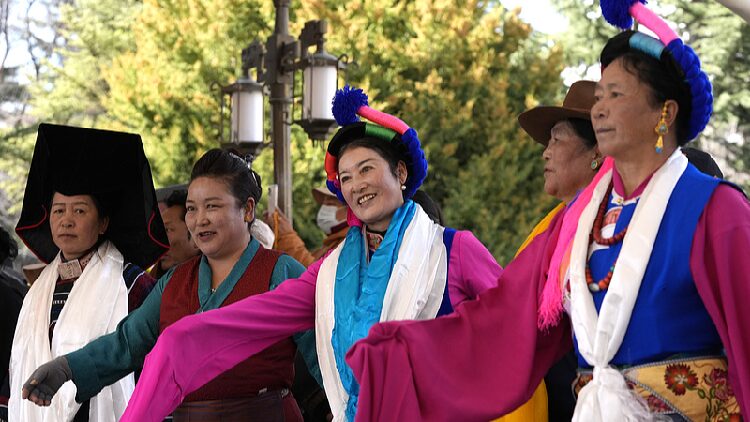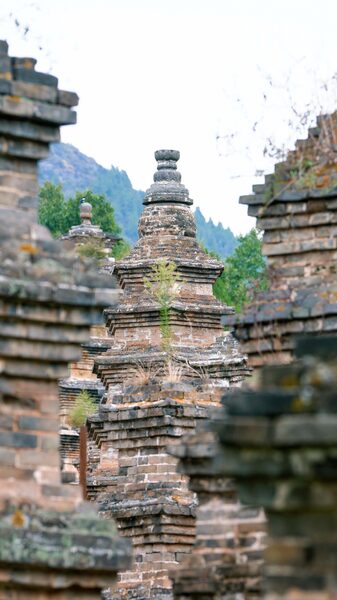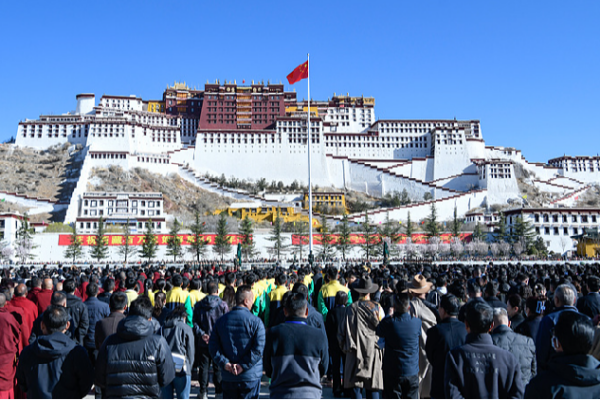The Chinese government has reaffirmed its commitment to safeguarding religious freedom in the Xizang Autonomous Region, according to a recent white paper released by the State Council Information Office. The document highlights the effective protection of lawful religious activities and the efforts made to meet the spiritual needs of believers in the region.
Xizang is home to approximately 46,000 Buddhist monks and nuns, 12,000 native Muslims, and over 700 Catholic believers. Many residents maintain personal scripture rooms or Buddhist shrines within their homes. In Buddhist monasteries, traditional practices such as scripture study, debates, monastic initiation ceremonies, empowerment rituals, and self-cultivation are conducted regularly. The white paper also notes that examinations on scriptures and promotions in academic degrees are held consistently.
Religious and cultural festivals like the Shoton Festival, Butter Lamp Festival, and Saga Dawa Festival continue to be celebrated as per tradition. Pilgrimages and religious walks around sacred lakes and mountains remain integral to the spiritual lives of the people.
The central and local governments in Xizang fully respect the tradition of the reincarnation of living Buddhas in Tibetan Buddhism. They adhere strictly to the Measures on the Management of the Reincarnation of Living Buddhas, ensuring the process is managed according to law.
Significant improvements have been made to the infrastructure of monasteries and temples, with over 98% now having access to roads, telecommunications, electricity, water, radio, and television. The government allocates more than 26 million yuan (approximately $3.6 million) annually to provide medical insurance, pension schemes, subsistence allowances, accident injury insurance, and health check-ups for all registered monks and nuns.
Furthermore, nine Tibetan Buddhism colleges, including the High-level Tibetan Buddhism College of China and the Xizang Tibetan Buddhist Institute, have been established with an investment of 920 million yuan. These institutions aim to promote the education and academic growth of the Buddhist clergy.
Reference(s):
Freedom of religious belief safeguarded in Xizang: white paper
cgtn.com
